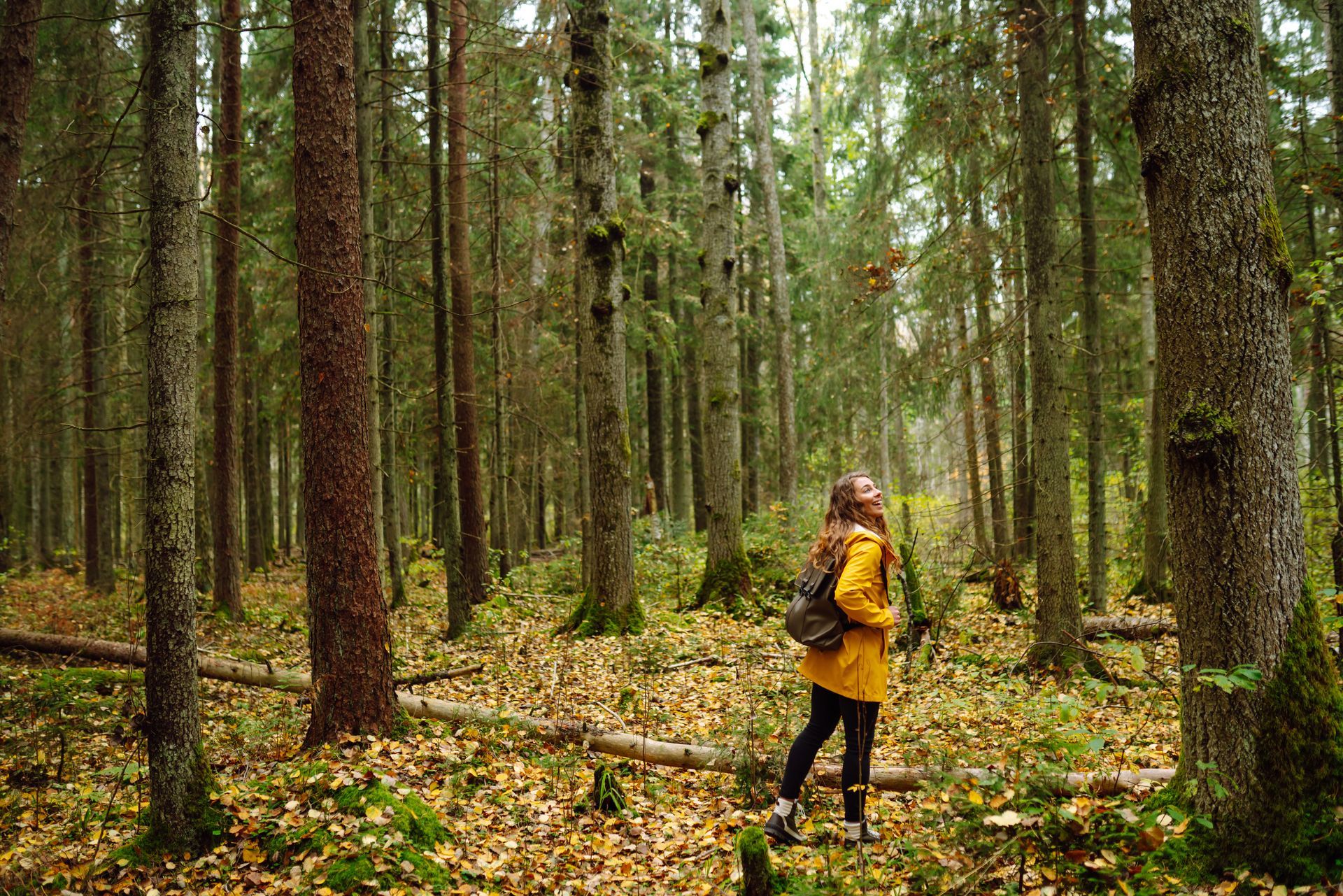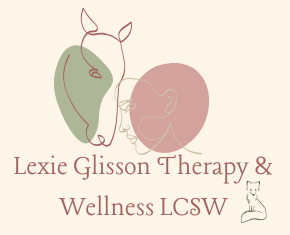LEXIE GLISSON therapy & wellness lcsw
Nature-Based Therapy in Boulder & Golden
I assist clients of all ages in connecting with nature to heal and express their true selves. My customized sessions enhance both mental and physical health, drawing on my extensive background in social work and nature-based therapies to deliver a comprehensive therapeutic experience.
The Therapeutic Use of Nature in Boulder & Golden
-
What is Nature Based Therapy?
Nature Therapy, also known as ecotherapy or green therapy, utilizes the natural environment to promote healing and wellness.
This therapeutic approach helps individuals reconnect with their evolutionary roots and engage with the natural world, which is crucial for both mental and physical health.
-
What is My Approach to Nature-Based Therapy?
As an EMDR and nature-based therapist, I specialize in using mindfulness, movement, and a playful connection to nature to help both children and adults express their most authentic, empowered selves. Through these methods, my clients find ease and familiarity within their bodies and heal from trauma by rewriting their old narratives.
-
What is the Science Behind Nature-Based Therapy?
Engaging in outdoor activities such as hiking, gardening, or mindful walking has been consistently shown to reduce stress and enhance overall well-being.
Nature therapy acts as a preventive medicine that tackles mental health issues exacerbated by modern, urbanized lifestyles.
-
What are the Benefits of Nature-Based Therapy?
Reconnecting with nature offers profound benefits for both emotional and physical well-being. Clients often experience improved mood, reduced anxiety and depression, and a renewed sense of peace and calm. Additionally, regular exposure to nature and outdoor physical activity supports overall health by enhancing cardiovascular function, increasing energy levels, and promoting better sleep quality.
-
How Does Nature-Based Therapy Work?
Sessions may involve guided walks, mindfulness exercises outdoors, or structured activities. Each session is tailored to fit the individual needs of my clients, helping them to explore and reclaim their natural connection with the outdoors.
-
How Do I Integrate EMDR with Nature-Based Therapy?
For clients dealing with trauma, I integrate Eye Movement Desensitization and Reprocessing (EMDR) with nature-based techniques to enhance the healing process, allowing for a holistic therapeutic experience that addresses both mind and body.
-
What Qualifies You to Offer Nature-Based Therapy?
With a Master's in Social Work and specialized training in both EMDR and nature-based therapies, I bring a comprehensive and empathetic approach to therapy.
My personal and professional experiences have equipped me with unique insights into how natural environments can foster healing.
-
Who Can Benefit from Nature-Based Therapy
Nature-based therapy is suitable for anyone, especially those who feel disconnected from their natural environment or those who have not benefited from traditional indoor therapy settings.
-
What Should I Expect in a Natured-Based Therapy Session?
In a nature-based therapy session, you can expect a relaxed, supportive environment where you can explore your thoughts and feelings through gentle physical activities and interactions with nature.
VIDEO
Nature-Based Therapy
Lexie Glisson explores how nature-based therapy helps clients heal by reconnecting with the natural world, calming the nervous system, and returning to their authentic selves.
Explore Your Social Role:
Take Our Online Quiz
Discover Your Role in the Herd
Discover your unique role in group dynamics with our quick "What Herd Member Are You?" quiz. Are you the Leader, the Nurturer, or another vital member? Uncover your social strengths and learn how to use them in daily interactions. It's free, fun, enlightening, and takes just a few minutes.
Additional Modalities Offered
This therapy integrates interactions with animals to enhance emotional and physical healing in therapeutic settings.

Equin-Assisted Therapy
This therapy uses guided interactions with horses to support emotional growth and healing, providing a therapeutic space to address personal challenges.
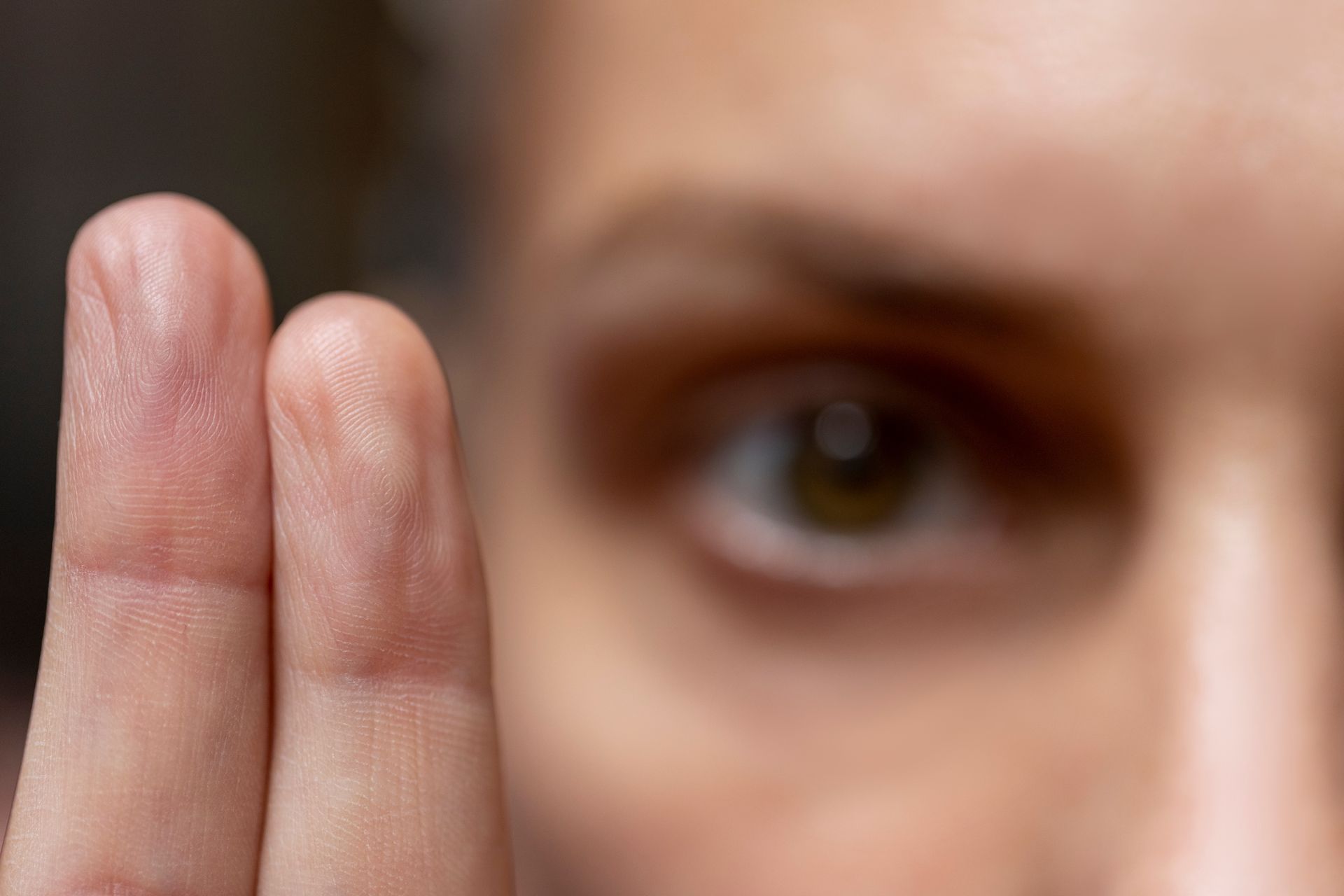
EMDR
Eye Movement Desensitization & Reprocessing (EMDR) is a therapy aimed at helping individuals recover from trauma and distressing life events.
Animal-Assisted Therapy
This therapy integrates interactions with animals to enhance emotional and physical healing in therapeutic settings.
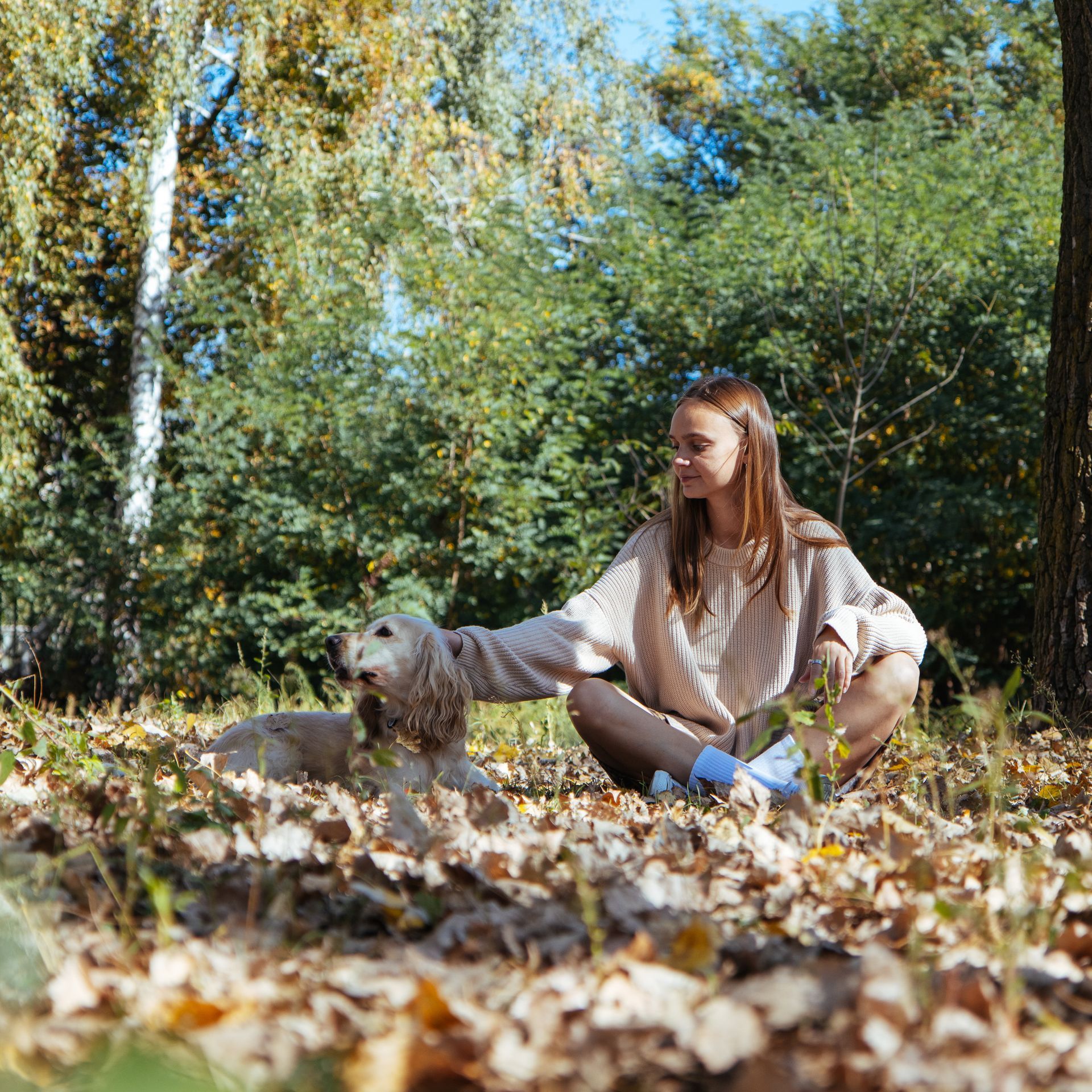

This therapy integrates interactions with animals to enhance emotional and physical healing in therapeutic settings.

Relational Therapy
Enhances interpersonal relationships by exploring and addressing patterns in how individuals interact with others.
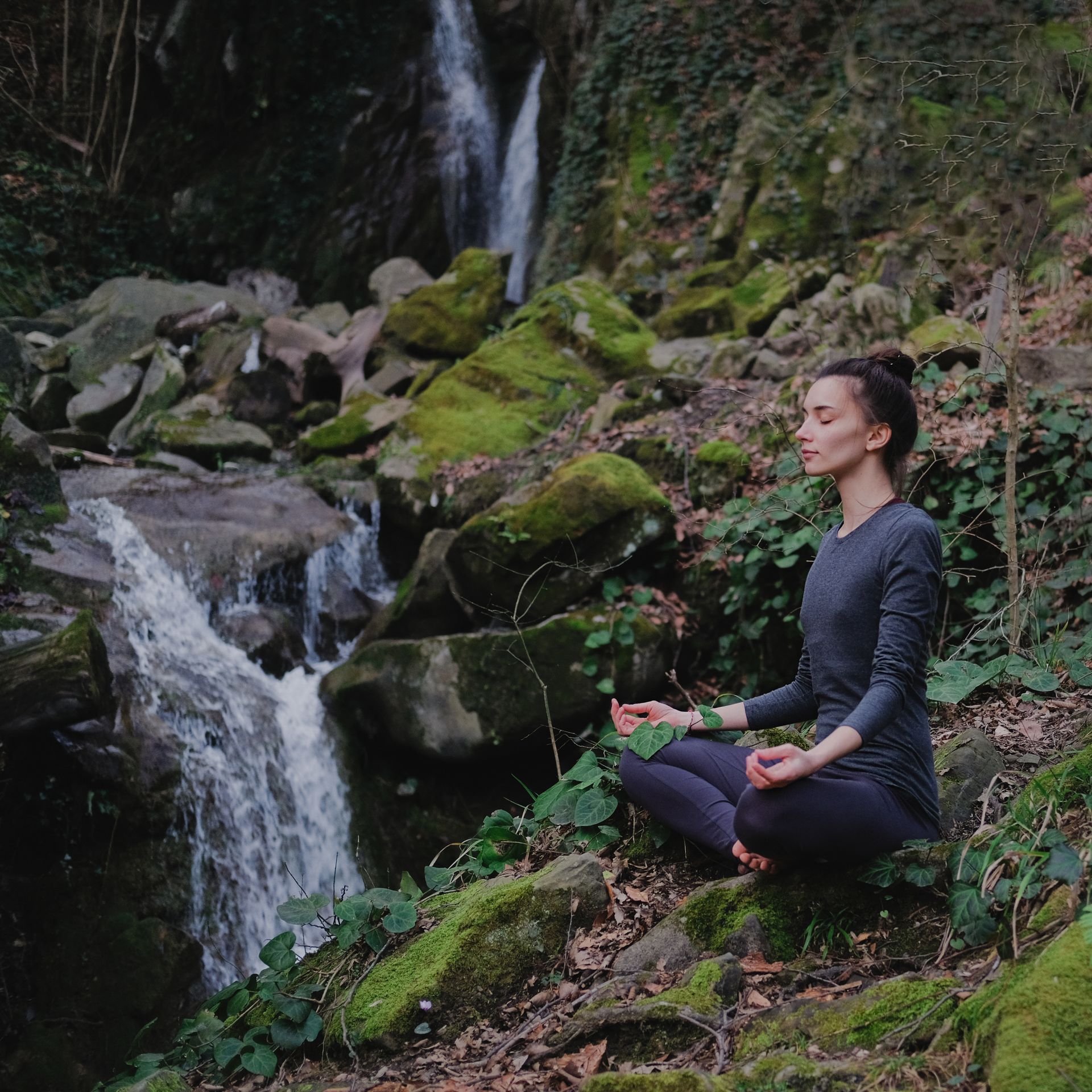
Mind-Body Therapy
Combines tailored yoga practices and mindfulness to improve physical and mental health.
Other Modalities
Additional therapeutic techniques that support diverse healing and personal growth needs.

About me
I help individuals in the Denver and Boulder areas rediscover their authentic selves through mindfulness, movement, and interactions with animals and nature. I offer Equus coaching and both individual and group therapy sessions, available online or in-person at various Front Range locations in Colorado. Whether you choose virtual sessions or in-person experiences, I am here to guide your journey toward personal empowerment and healing.


Related Nature-Based Therapy Content

